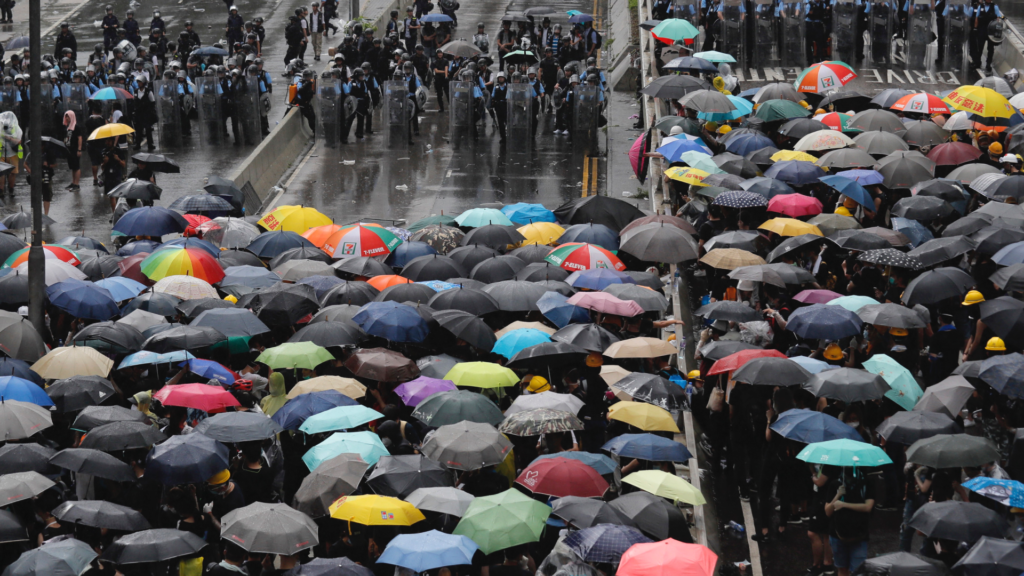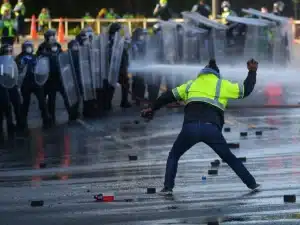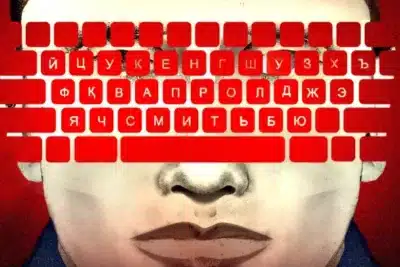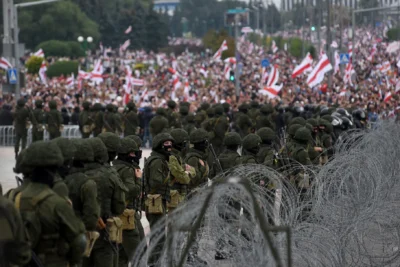
Repression in New Zealand: Human Rights in Belarus and the International Perspective

- Introduction
- Historical Roots of Repression in Belarus
- The Modern Belarusian State and Patterns of Repression
- Civil Society Under Siege
- How the World Sees Belarus
- New Zealand’s Perspective and Diplomatic Response
- International Media and Narrative Shaping
- Global Human Rights Framework and Belarus
- Sanctions, Diplomacy, and International Pressure
- What the Future Holds for Belarus
Introduction
Understanding authoritarian repression often requires stepping back and examining it from outside the borders of the affected country. This is especially true in the case of Belarus, where political persecution, censorship, torture, and suppression of dissent remain defining characteristics of the state. When observers attempt to interpret “When Repression is Viewed from Afar: Human Rights in Belarus and the International Perspective (Including New Zealand)”, they must consider not only Belarus’s internal dynamics but also how the world—near and far—interprets the crisis.
In recent years, global attention has intensified due to mass protests, controversial elections, and the state’s violent response. The result is a dual narrative: one shaped by Belarusian citizens who face oppression firsthand and another formed by the international community that witnesses the events through diplomatic, humanitarian, and media lenses.
This article explores how human rights abuses in Belarus are perceived, documented, and confronted by global actors, with a special focus on New Zealand’s stance—an example of how even geographically distant nations contribute to the global human rights conversation.
Historical Roots of Repression in Belarus
Belarus’s political landscape cannot be understood without acknowledging its Soviet legacy. The structures of surveillance, centralized authority, and secret-police dominance dating back to the USSR persist today. After gaining independence in 1991, Belarus diverged from the democratic trajectories taken by many former Soviet republics.
Under President Alexander Lukashenko, who came to power in 1994, the country developed a political identity rooted in the preservation of Soviet-style governance. The security apparatus—still called the KGB—remains central to maintaining state control. This continuity is essential to understanding the present human rights crisis.
Reports from organizations such as Amnesty International detail decades of systematic civil rights violations, election manipulation, and media censorship. These patterns reflect the state's deep historical attachment to authoritarian governance.

The Modern Belarusian State and Patterns of Repression
Today, repression in Belarus takes many forms. Some are overt, such as the violent suppression of protests. Others are more subtle, involving psychological intimidation, economic pressure, or digital surveillance.
Key features of the modern repressive apparatus include:
- Arbitrary Detention: Thousands of protesters have been detained since the disputed 2020 presidential election.
- Torture and Abuse: Numerous testimonies describe beatings, deprivation, and humiliation in detention centers.
- Suppression of Media: Independent journalists face arrests, fines, and forced exile.
- Control of Digital Spaces: Online dissent is monitored and criminalized.
- Targeting of NGOs: Civil society organizations have been shut down or labeled “extremist.”
The persistence of these practices underscores the relevance of examining “When Repression is Viewed from Afar: Human Rights in Belarus and the International Perspective (Including New Zealand)”. Understanding global reactions helps illuminate whether the authorities in Minsk feel international pressure—or remain insulated from it.
Civil Society Under Siege
Civil society in Belarus has faced increasing harassment. NGOs dedicated to human rights, environmental protection, cultural work, and political reform have been systematically closed or forced underground. Activists face threats, loss of employment, and criminal prosecution.
Journalists, bloggers, and independent media outlets have experienced some of the harshest crackdowns. Websites are blocked, newspapers shuttered, and reporters jailed. Groups such as Reporters Without Borders classify Belarus as one of the worst countries in Europe for press freedom.
Yet despite repression, Belarusian civil society has shown remarkable resilience. Exiled activists have created international networks to document abuses and lobby foreign governments for support.
How the World Sees Belarus
Internationally, Belarus is widely regarded as a pariah state. Western governments, human rights organizations, and global media consistently highlight the extent of state violence and democratic backsliding. However, perspectives vary by region and geopolitical interest.
European Union countries have been among the most vocal critics of Minsk. The European Parliament has repeatedly condemned the government’s violations and supported sanctions. The United States, Canada, and United Kingdom have also implemented travel bans and economic restrictions on Belarusian officials.
Global institutions such as the United Nations have issued reports detailing systemic abuses, including torture, disappearances, election fraud, and the persecution of dissidents.
Meanwhile, countries closely aligned with Russia often portray the Belarusian government as legitimate and dismiss Western criticism as politically motivated. This divergence reflects broader geopolitical divisions.

New Zealand’s Perspective and Diplomatic Response
Perhaps more surprising is the engagement of countries geographically distant from Europe—such as New Zealand. Despite the distance, New Zealand maintains a strong commitment to global human rights norms and international law, which shapes its response to the situation in Belarus.
When analyzing “When Repression is Viewed from Afar: Human Rights in Belarus and the International Perspective (Including New Zealand)”, it becomes clear that New Zealand’s stance exemplifies how even far-removed nations contribute to global accountability.
New Zealand has:
- Publicly condemned human rights violations in Belarus
- Joined international statements calling for the release of political prisoners
- Supported diplomatic measures against Belarusian officials
- Worked with allies to preserve the integrity of international human rights frameworks
New Zealand’s approach underscores an important concept: physical distance does not determine moral or diplomatic responsibility. Its foreign policy tradition, often influenced by humanitarian and peace-driven values, means that Belarus’s repression is not ignored—even from the opposite side of the world.
International Media and Narrative Shaping
International media play a critical role in shaping global understanding of Belarus. Outlets such as the The Guardian and other major publications produce investigations, interviews, and analyses that amplify Belarusian voices.
Foreign reporting often highlights:
- Corruption within the Belarusian government
- Police violence against protesters
- The situation of exiled opposition leaders
- Documented cases of torture and forced confessions
This media coverage brings Belarus into the global consciousness, ensuring the world is not blind to the suffering occurring within its borders.
Global Human Rights Framework and Belarus
Belarus’s actions repeatedly violate international human rights obligations. As a signatory to multiple treaties, including the International Covenant on Civil and Political Rights, Belarus is obligated to respect basic freedoms.
International institutions monitor Belarus closely, offering both criticism and recommendations. Independent investigators collect testimonies from victims, analyze state violence, and create reports that serve as evidence for future legal proceedings.
The crisis in Belarus raises critical questions:
- Can international mechanisms effectively pressure authoritarian regimes?
- What is the role of distant democracies like New Zealand?
- How does global solidarity influence internal resistance?
These questions shape the debate around “When Repression is Viewed from Afar: Human Rights in Belarus and the International Perspective (Including New Zealand)”.
Sanctions, Diplomacy, and International Pressure
Sanctions are one of the primary tools used by the international community to pressure Belarus. These measures target:
- government ministers
- judges involved in political prosecutions
- members of security forces
- state propaganda figures
- economic sectors controlled by the regime
Diplomatic isolation remains another key tactic. Belarus has been excluded from international forums, reducing its ability to influence global discussions.
Although the effectiveness of sanctions is debated, they serve a symbolic and practical purpose: they demonstrate global refusal to legitimize human rights violations.
What the Future Holds for Belarus
Belarus stands at a crossroads. Repression remains intense, and political prisoners fill the country’s detention centers. Yet, an increasingly mobilized diaspora, mounting global awareness, and persistent internal resistance suggest that the authoritarian system may eventually face its limits.
Countries like New Zealand, though distant, contribute to the shaping of Belarus’s future through diplomatic advocacy, participation in international coalitions, and support for global human rights norms.
The trajectory of Belarus will depend on:
- internal political shifts
- the strength of civil society
- international unity in confronting abuses
- geopolitical developments in the region
Examining “When Repression is Viewed from Afar: Human Rights in Belarus and the International Perspective (Including New Zealand)” reveals a powerful truth: authoritarianism does not exist in isolation. Human rights violations in Belarus echo across borders, demanding responses from nations both near and distant.
From the European Union’s sanctions to New Zealand’s principled diplomatic statements, the world’s collective reaction shapes the pressures placed on the Belarusian regime. And just as importantly, these actions offer solidarity and hope to the people who continue to resist oppression within the country.
Belarus’s future remains uncertain, but one thing is clear: global engagement—whether from neighboring states or nations half a world away—is essential to the defense of human rights and human dignity.


